Virginia Woolf: A Critical Memoir
£0.90
Part of the Bloomsbury set, she lived surrounded by other artists and writers, and her novels and essays have inspired generations of readers and writers ever since their publication.
Her personal struggles with depression and mental illness, and her feminist beliefs come across strongly in her work, illuminating an important period in British social history, not just for women’s rights, but for a whole nation scarred by the effects of two world wars.
Winifred Holtby gives us Woolf the critic, the essayist and the experimental novelist in this critical memoir which is of particular interest as the work of one intelligent, though very different, novelist commenting on another.
Holtby’s careful reading of Woolf’s work is set in the context of the debate between modernist and traditional writing in the 1920s and 1930s.
Although Holtby greatly admires Woolf’s art, she considers its limitations as an elite form that ignores the material conditions of everyday life and the consequent social responsibility expected of the novel.
Choosing to write about Woolf as ‘the author whose art seemed most of all removed from anything I could ever attempt, and whose experience was most alien to my own,’ Holtby has written a candid appreciation of the complex, groundbreaking work of a contemporary writer at the height of her career.
Winifred Holtby (1898-1935) was an English novelist and journalist. She is also the author of the ‘South Riding’ series.
Read more
Additional information
| Publisher | Lume Books (2 Nov. 2015) |
|---|---|
| Language | English |
| File size | 416 KB |
| Text-to-Speech | Enabled |
| Screen Reader | Supported |
| Enhanced typesetting | Enabled |
| X-Ray | Not Enabled |
| Word Wise | Enabled |
| Sticky notes | On Kindle Scribe |
| Print length | 133 pages |

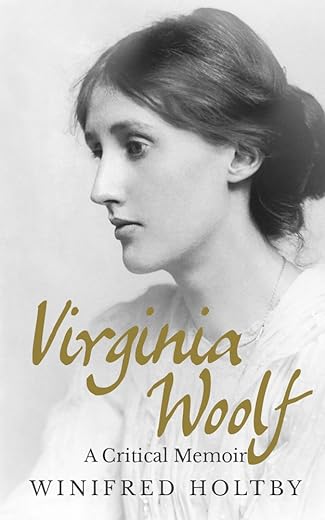
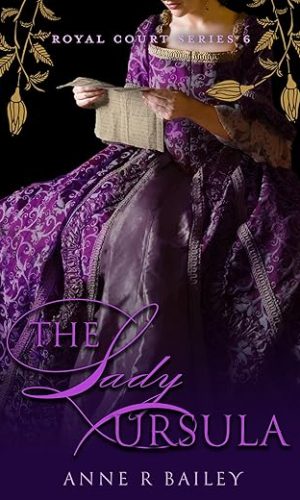
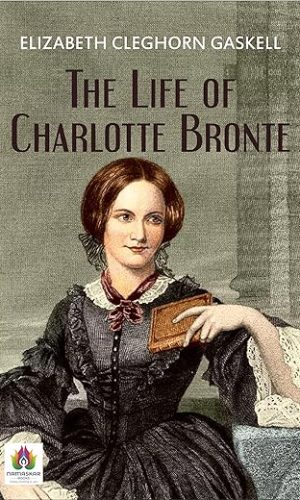

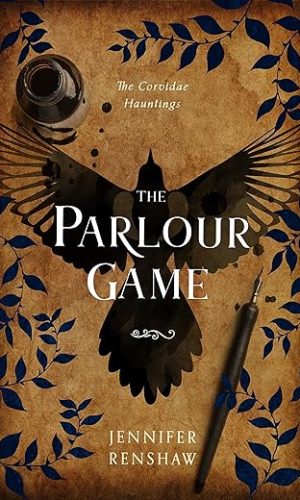



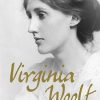
by Rebekka K. Steg
When I first saw the subtitle – a critical memoir, I was wondering if it was going to be critical of Virginia Woolf, but as I read further I soon realized that it is a literary critique of her works along with a biography of her life (up until the time it was written, 1932).
Holtby does an astonishing job diving into Woolf’s works – made me remember just how much I used to enjoy my literature classes. She also made me want to read more of Woolf’s works – and I have no doubt I would get even more out of her writings now, after reading Holtby’s commentary.
A Critical Memoir was published in 1932, and it can’t help but haunt me that Holtby herself passed away in 1936 – only 37 years old, while Woolf died in 1941. How we lose some of our greatest writers too soon.
I would highly recommend Virginia Woolf: A Critical Memoir to anyone who has enjoyed the works of Woolf, or are interested in writing or women’s history of that time.
*I received a free advanced reader’s copy through Netgalley in exchange for an honest review*
by Michael Bully
Was impressed with this work. Realised that as well as being a skilled novelist and social commentator Winifred Holtby was so well versed in literature. .
The criticism of Virginia Woolf was not malicious or sarcastic in this work. But Winifred Holtby cited the limits of her character background, stressing that contemporary life
“…Hardly enters into her work. All her characters write, paint, lecture ,edit the classics or study in the British Museum. ” Winifred Holtby was unashamedly provincial, setting her major novels in Yorkshire, and thought Virginia Woolf’s was at her worst when she tried to portray life in Scarborough ( in ‘Jacob’s Room.) And was slightly dismayed by such Virginia Woolf’s quite confining generalisations
-” Every second Englishman reads French”, and ” Ladies desire Mozart”
But Winifred Holtby also notes the impressive side to Virginia Woolf,’-her candour’. due to the “lack of a Victorian upbringing,”
“Perversion and violence , madness and abnormality, vice and cruelty do not frighten her,”
Virginia Woolf’s fascination with the classics, particularly Greek philosophy, is cited as an inspiration, though Winifred Holtby certainly notices a lack of deference towards academia and a certain detachment from active politics.
There’s admiration for Virginia Woolf too-
“She is inexorable in her demand for sincerity. Devotion to the idea must be absolute.”
It’s particularly intriguing to read how Virginia Woolf was viewed whilst still alive. When little was known of her psychological suffering and or that she would take her own life. Winifred Holtby found a ‘life-affirming ‘ element to Virginia Woolf , citing the last paragraphs of ‘The Waves’. Also some optimism “
The book then examines the body of Virginia Woolf’s work up to 1932 in great detail. There’s the charming understatement
” Mrs. Woolf does not really like plots.” …”The Waves is not the traditional English novel.”
Winifred Holtby demonstrated familiarity with the famous works ‘Jacob’s Room ( which Winifred Holtby insisted was a ‘war book’) ‘, ‘To The Lighthouse’, ‘Mrs. Dalloway’ and the less famous ‘The Mark on the Wall’,
It’s intriguing to read Winifred Holtby, a 1930’s feminist review tackling the gender and time change in the fantasy ‘Orlando’ and ‘In a Room of One’s Own’. Yet when writing about ‘The Waves’ her criticism at first seems blunt.
“The pictures of the sea are in themselves beautiful. But I cannot feel sure that they were necessary.”
But eventually acknowledges
” The beauty, the profundity, the technical accomplishment of the book are great. Mrs. Woolf has achieved in it the music and subtlety of poetry.”
Which suggests that Winifred Holtby was eventually won over in spite of any misgivings.
by Amanda Jenkinson
Written in 1932, I feared that this critical study of Virginia Woolf would feel dated, especially considering the vast amounts that have been written about her life and work since then. But on the contrary, this is a gem of a book, insightful, considered, concise and illuminating. A close reading of Woolf’s oeuvre to that point (she was, of course, still alive at the time) leads Holtby to a perceptive examination of Woolf’s writings and a thoughtful exploration of her life and character. Whenever I read Woolf in the future, this is definitely a book I will keep by my side.
The two women met just once and Woolf was typically dismissive of Holtby calling her “a Yorkshire farmer’s daughter, rather uncouth and shapeless.” Holtby is clear-sighted, but never dismissive, about Woolf and her study is a joy and a delight.
by More Books Please
I have read quite a bit on Virginia Woolf and this biography didn’t go into as much detail as some others. However, it is a great starting place if you are new to Woolf. Easy to read, pacey and informative, it gives a good overview of Woolf’s life and works.